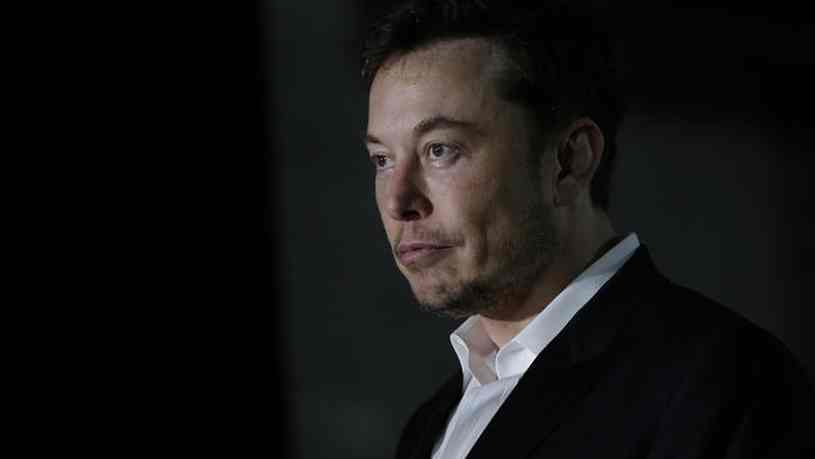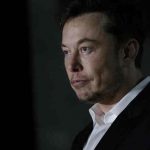SEC charges Tesla CEO Elon Musk with fraud

The Securities and Exchange Commission (SEC) has changed Tesla CEO Elon Musk for fraud, according to lawsuit filed in Manhattan federal court on Thursday. The charges comes less than two months after Musk told his more than 22 million Twitter followers on Aug. 7 that he might take Tesla private at $420 per share, and that there was “Am considering taking Tesla private at $420. Funding secured.” SEC is seeking Musk be removed as Tesla CEO, if he’s found guilty. Tesla did not immediately respond to request for comment.
Am considering taking Tesla private at $420. Funding secured.
— Elon Musk (@elonmusk) August 7, 2018
“A chairman and CEO of a public company has important responsibilities to shareholders,” Stephanie Avakian, co-director of the SEC’s division of enforcement, said during the press conference. “Those responsibilities include the need to be scrupulous and careful about the truth and accuracy of statements made to the investing public, whether those statements are made in traditional forms such as a press release or an earnings call or through less formal methods such as Twitter or other social media.”
Below is an excerpt of the charge brought forward by the SEC.
“Musk knew that he (1) had not agreed upon any terms for a going-private transaction with the Fund or any other funding source; (2) had no further substantive communications with representatives of the Fund beyond their 30 to 45 minute meeting on July 31; (3) had never discussed a going-private transaction at a share price of $420 with any potential funding source; (4) had not contacted any additional potential strategic investors to assess their interest in participating in a going-private transaction; (5) had not contacted existing Tesla shareholders to assess their interest in remaining invested in Tesla as a private company; (6) had not formally retained any legal or financial advisors to assist with a going-private transaction; (7) had not determined whether retail investors could remain invested in Tesla as a private company; (8) had not determined whether there were restrictions on illiquid holdings by Tesla’s institutional investors; and (9) had not determined what regulatory approvals would be required or whether they could be satisfied.”

